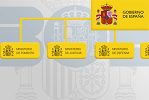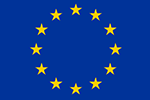VAT: general rules
Content
Scope of this tax
Value-added tax (VAT) is an indirect tax on consumption. It is payable on:
- supplies of goods and services by professionals and businesses
- intra-community acquisitions
- imports of goods
How it applies and what to do
This tax is applicable to professionals and businesses in two ways:
- Firstly as regards the goods they sell and services they provide, on which the VAT amounts due are collected from purchasers, and then must be paid to the Treasury.
- Secondly as regards any purchases they make, which are subject to VAT which they may then deduct from their periodic VAT returns. On each return, they declare how much VAT they have collected from their clients and deduct from this the VAT they have paid on purchases and buying from their suppliers. The result may be a credit or debit balance.
Depending on the result:
- a credit balance must be paid to the Treasury;
- if returns are submitted quarterly, a debit balance is offset against subsequent returns. On this basis, if the end-of-year return shows a debit balance, the trader may opt to apply for a refund or offset the debit balance against its returns for the next financial year;
- if returns are submitted monthly and there is a debit balance, refunds are paid every month (for which purpose an application needs to be made for inclusion in the monthly refunds register).
VAT area
The Spanish VAT area consists of mainland Spain and the Balearic Islands.
Información por Comunidades Autónomas

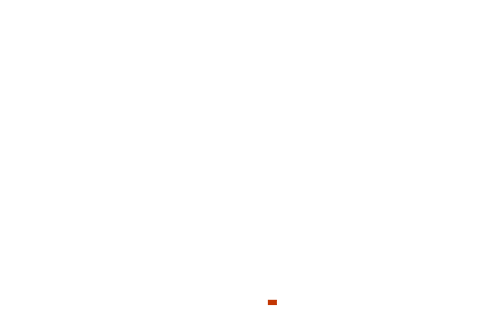
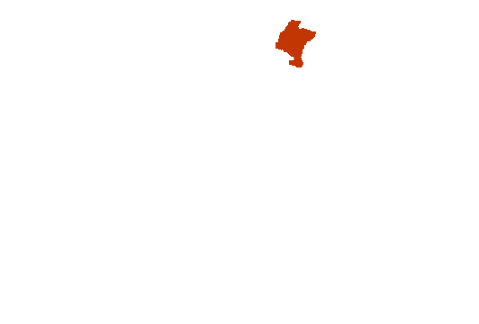
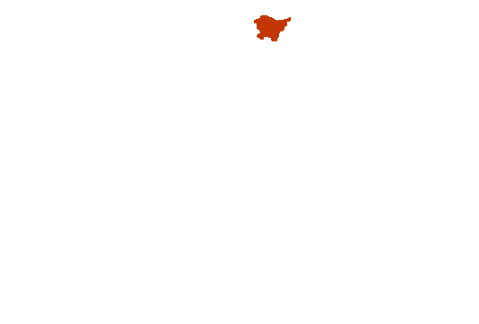
Andalucía Aragón Asturias, Principado de Balears, Illes Canarias Cantabria Castilla y León Castilla-La Mancha Cataluña Ciudad de Ceuta Ciudad de Melilla Comunitat Valenciana Extremadura Galicia Madrid, Comunidad de Murcia, Región de Navarra, Comunidad Foral de País Vasco Rioja, La







